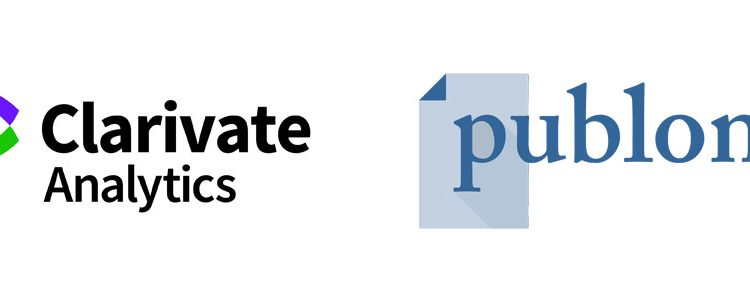Clarivate Analytics Acquires Peer Review Network

Clarivate Analytics, known for its bibliometric tools like Web of Science, has acquired Publons. Publons is an online platform for researchers that allow peer reviewers to get recognition for their work. In five years, Publons has essentially become a discovery tool for peer reviewers with the more than 150,000 reviewers who use the site to share the details of 800,000 reviews. Peer review is essential to academic research. Clarivate Analytics acquired Publons to continue its quest to create the definitive set of publisher-independent tools for researchers while giving peer reviewers the recognition they deserve.
Publons aims to change peer review by allowing its members to continue to conduct anonymous peer review as their reviews are verified privately. What is publicly available is the fact that a Publons user has reviewed an article for a given journal, not which paper they reviewed. Clarivate Analytics buying Publons could make it possible for Clarivate Analytics to help science funders and publishers with locating peer reviewers.
Preventing peer review fraud could be one of the benefits of this acquisition. Fake peer review usually involves authors suggesting reviewers for their paper and supplying contact information for the reviewers. In the case of peer review fraud, the email address is one that is controlled by the author or someone who has agreed to give their paper a favorable review. The registered users of Publons have all had their email addresses verified. This means that Clarivate Analytics could use this information as a way of preventing peer review fraud.
Publons will continue to operate as a stand-alone business. The Clarivate Analytics acquisition may change the way editors are able to locate peer reviewers. Publons data has already been used to quantify issues with the current scientific peer review system. As an example, their 2015 data suggests that 20% of scientists did the majority of the peer review. As Clarivate Analytics and Publons move forward together, their data sets and expertise could be used to help prevent peer review fraud. The Publons data set contains the verified email addresses of peer reviewers, which is an excellent starting point to address this fraud. Their data could also improve the efficiency with which academic research is published. Editors would be able to distribute the peer reviewer load more evenly by requesting reviews from scientists who are currently being underutilized. The acquisition of Publons by Clarivate Analytics could improve the overall integrity and efficiency of the academic peer review process.










